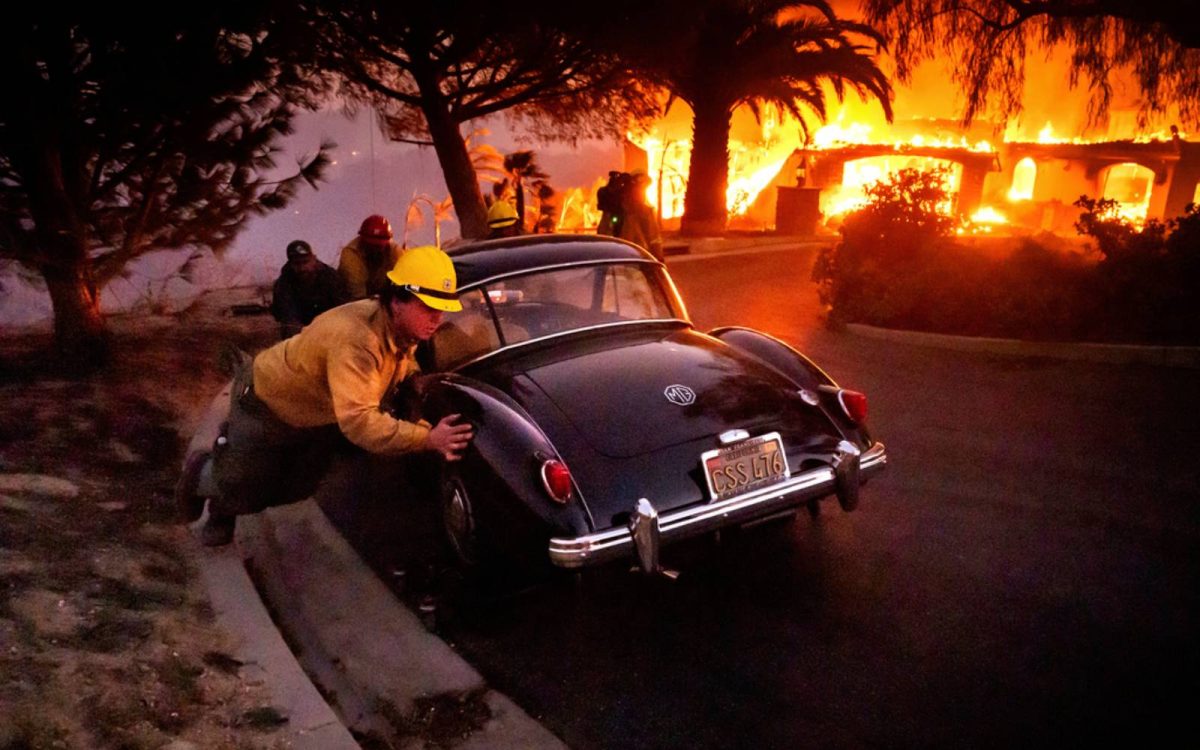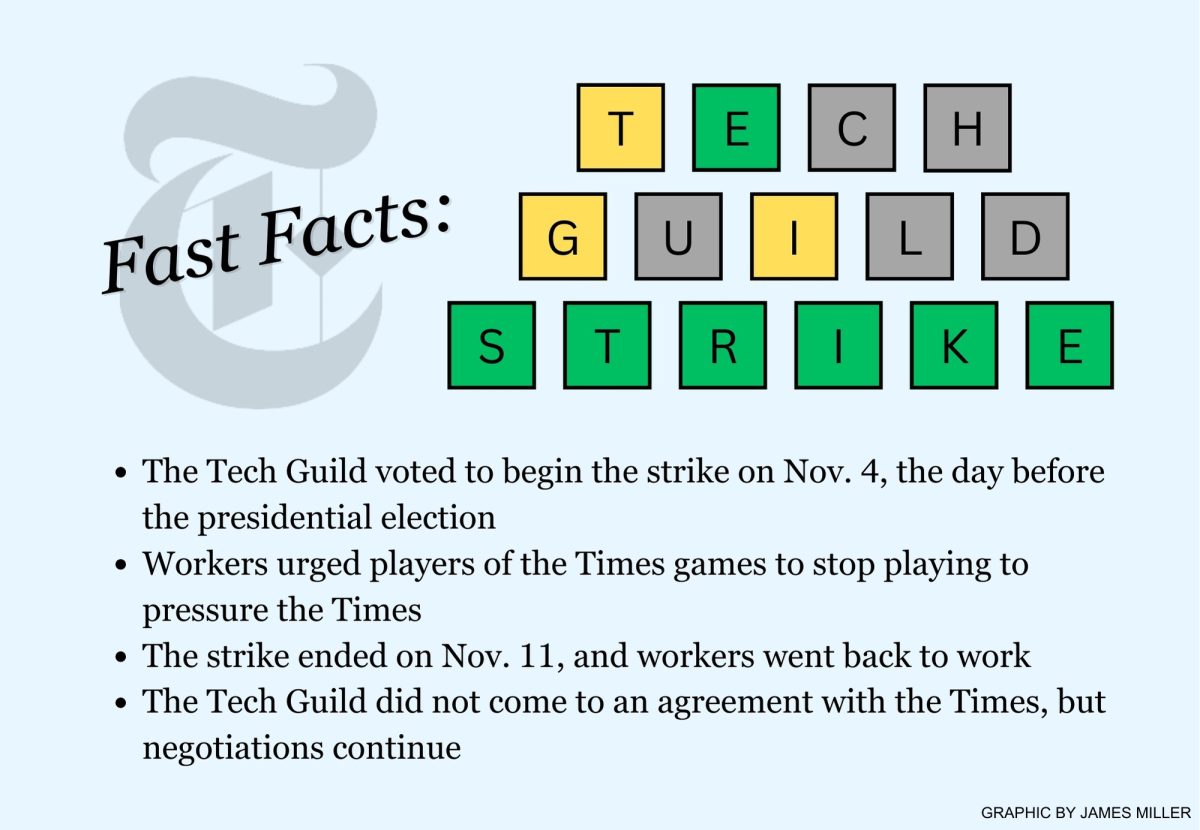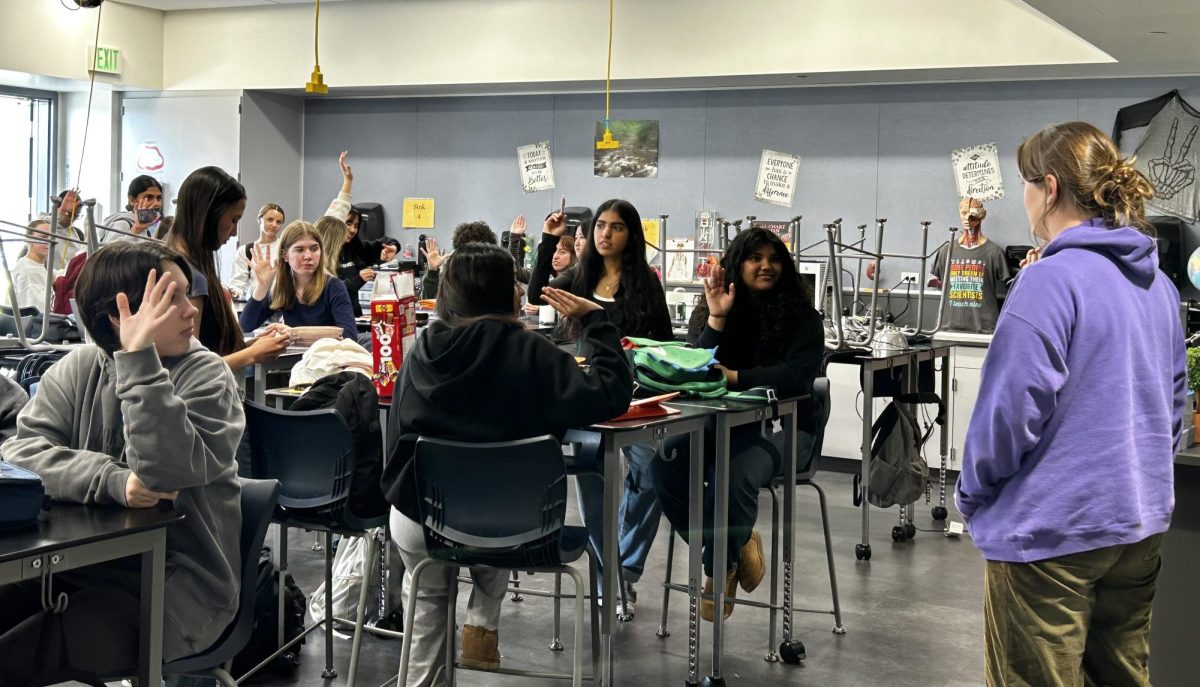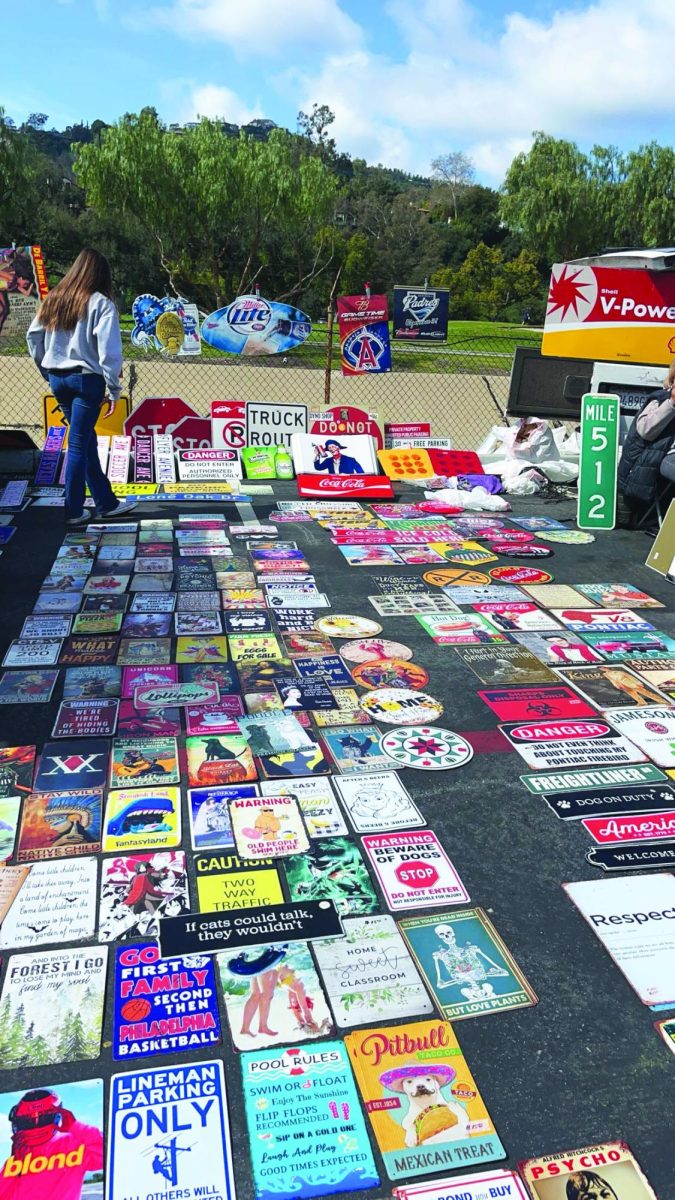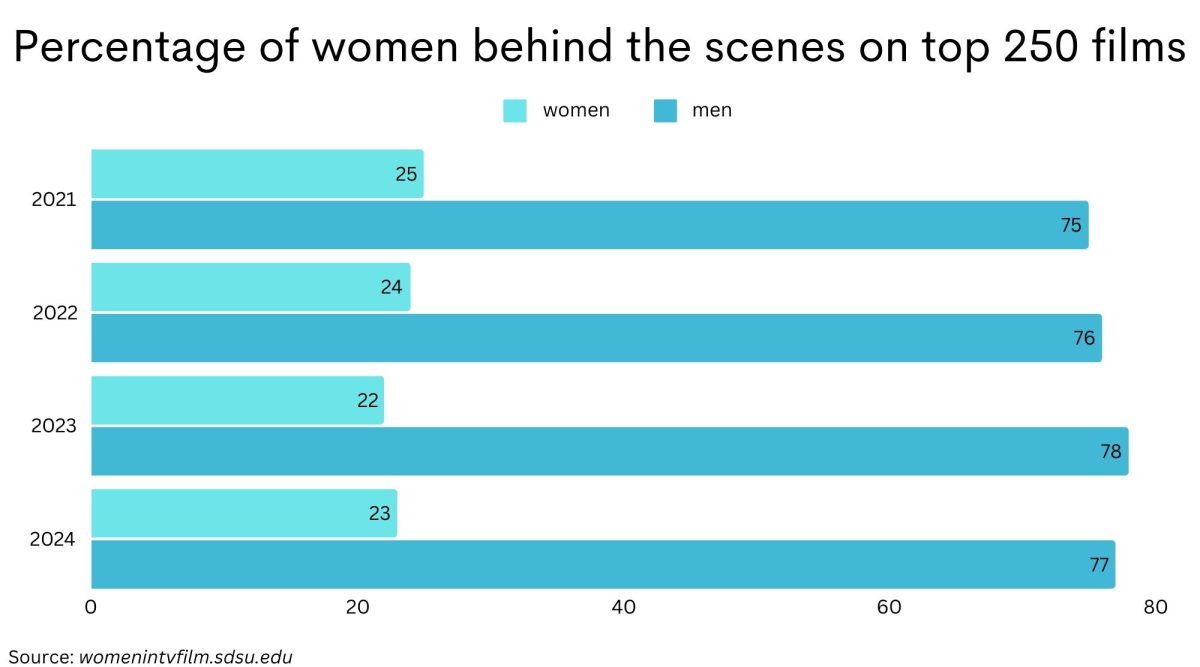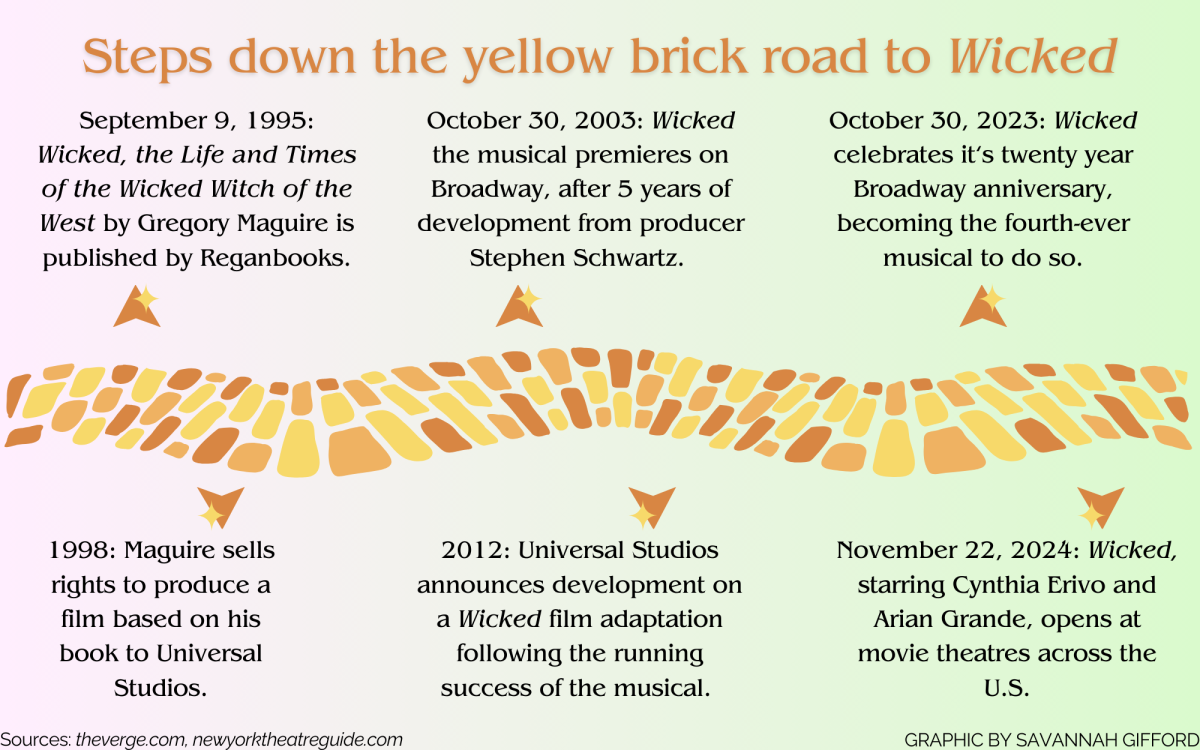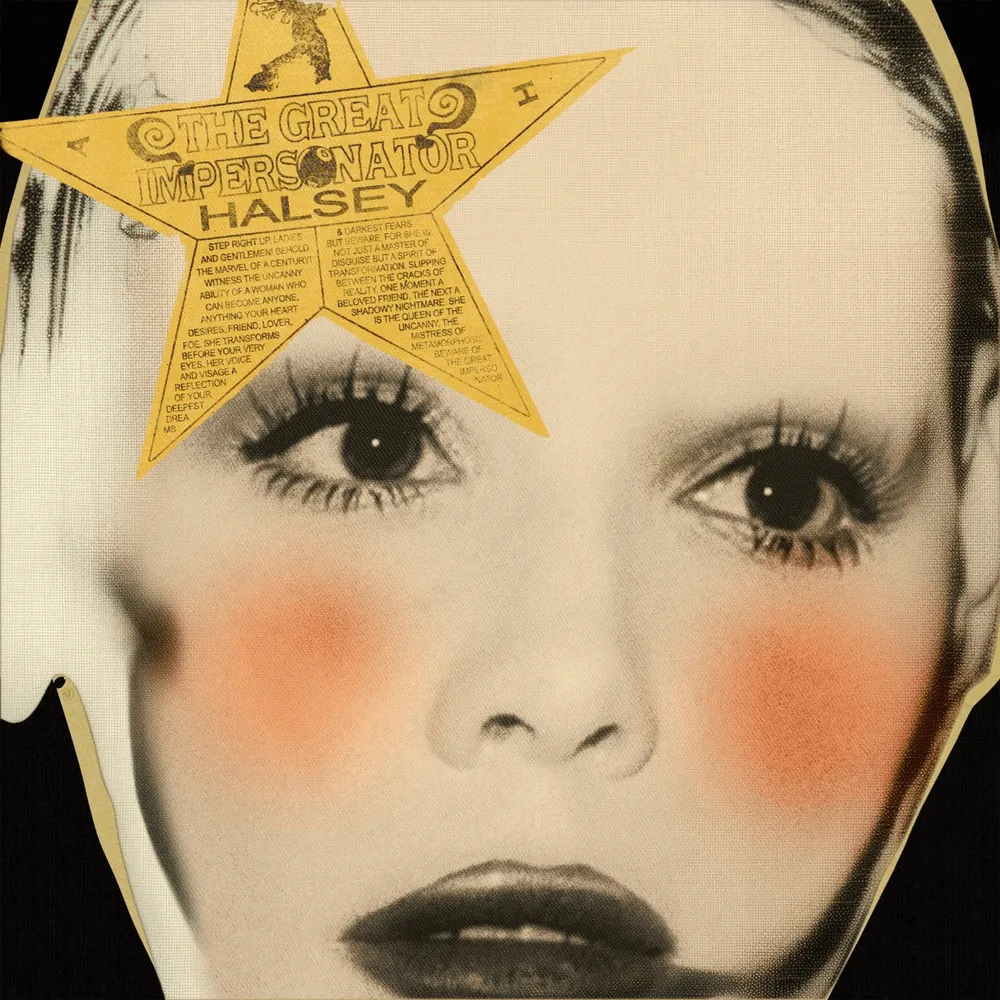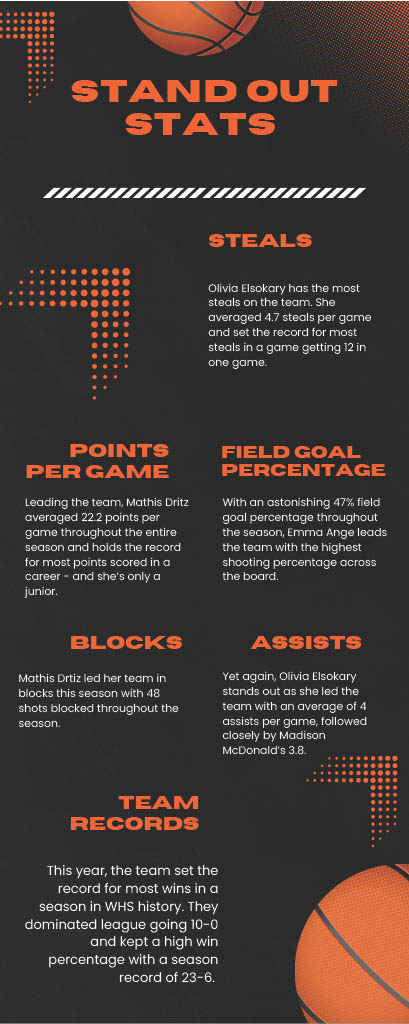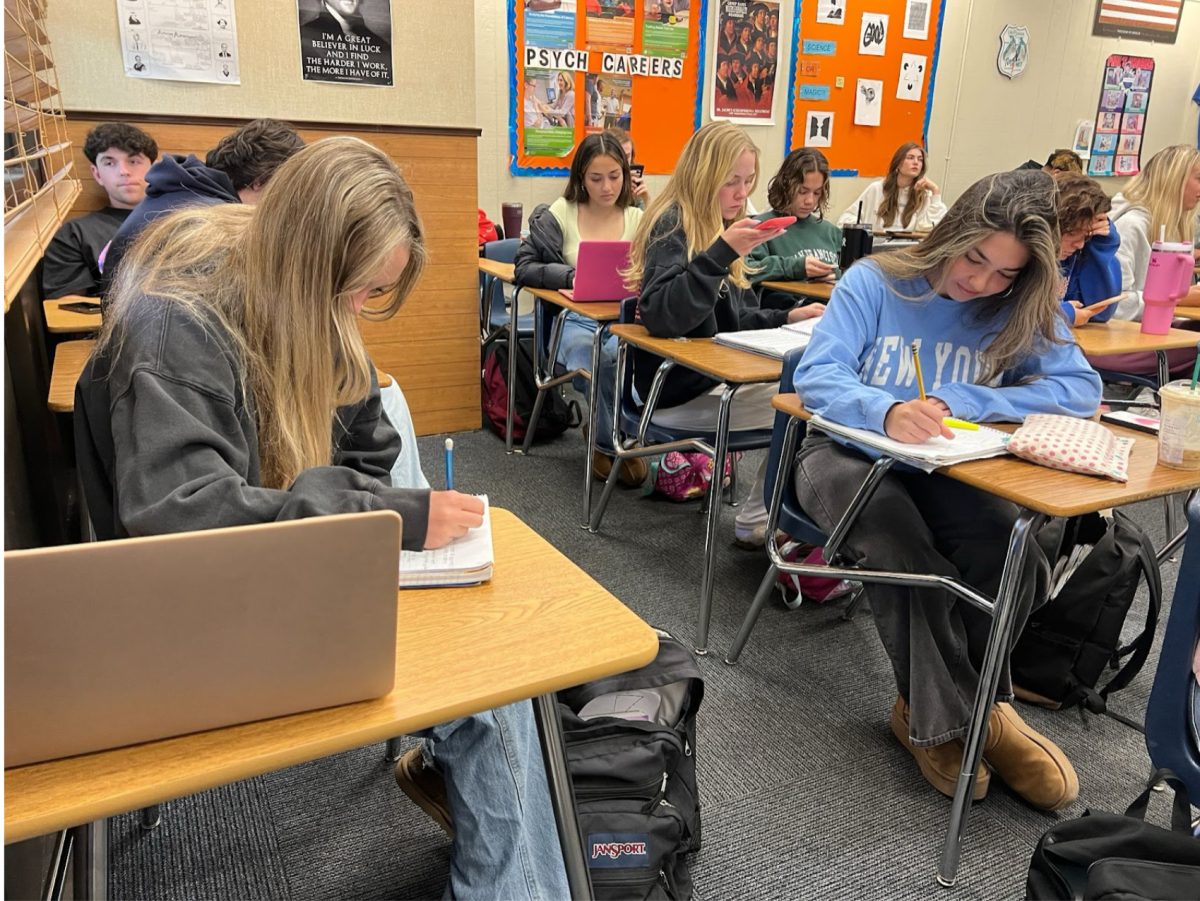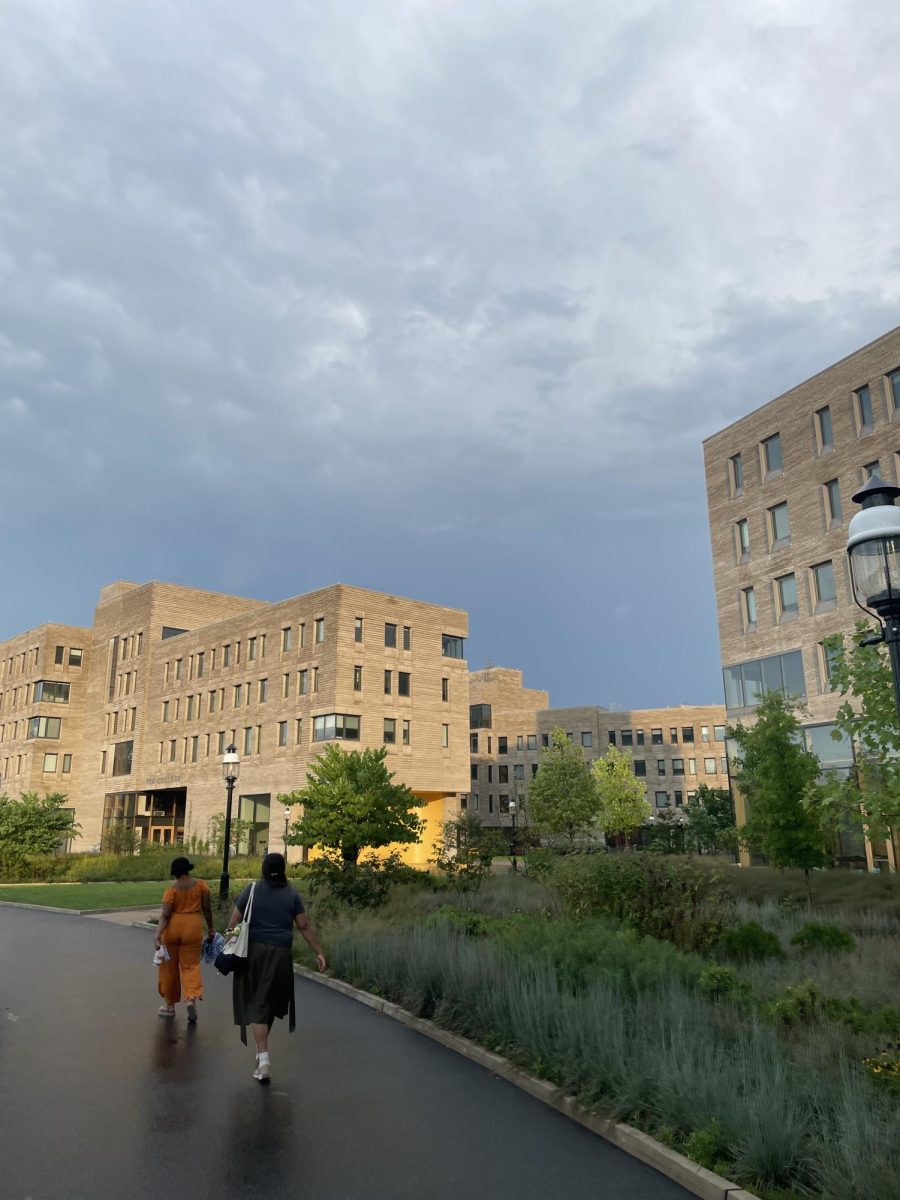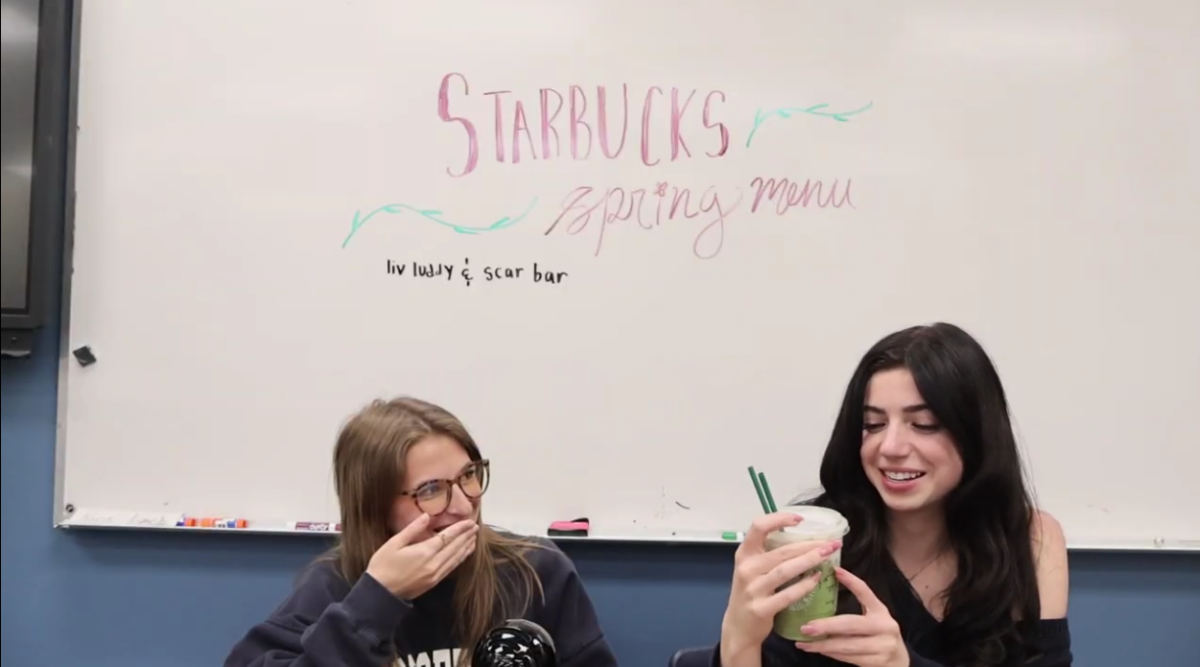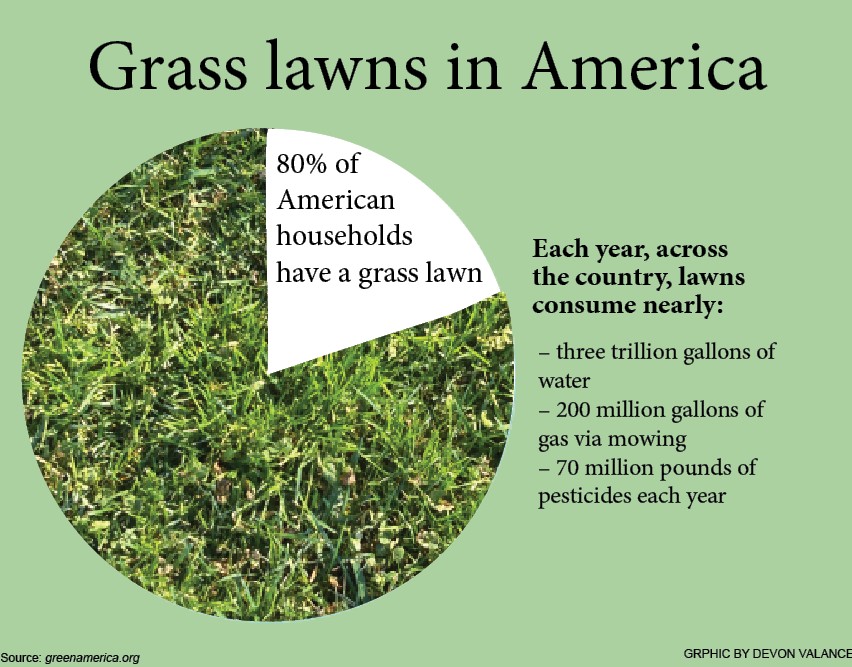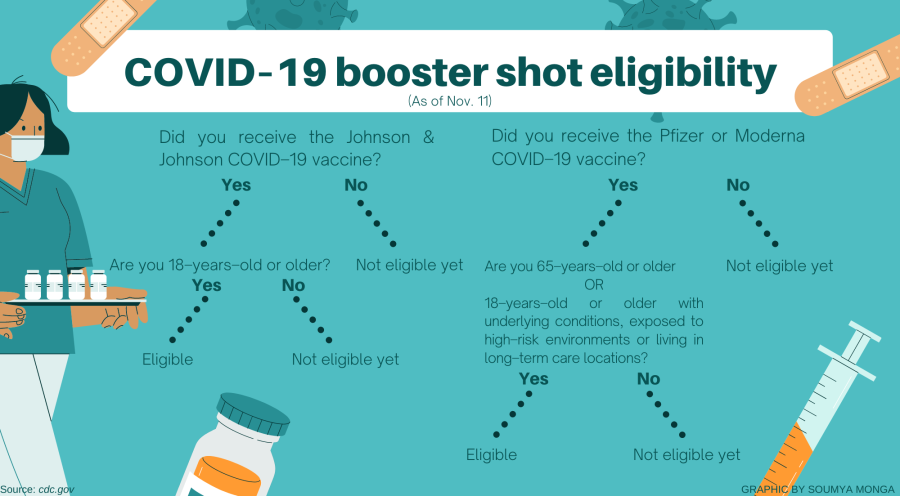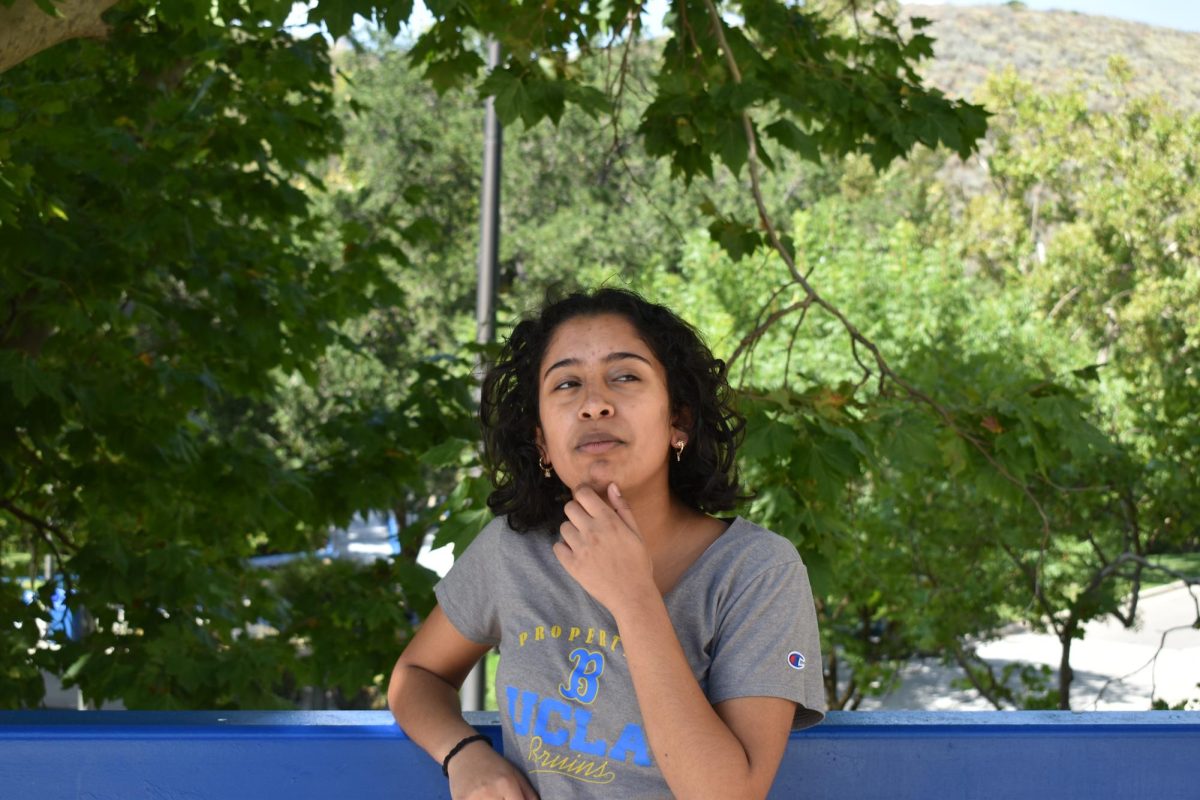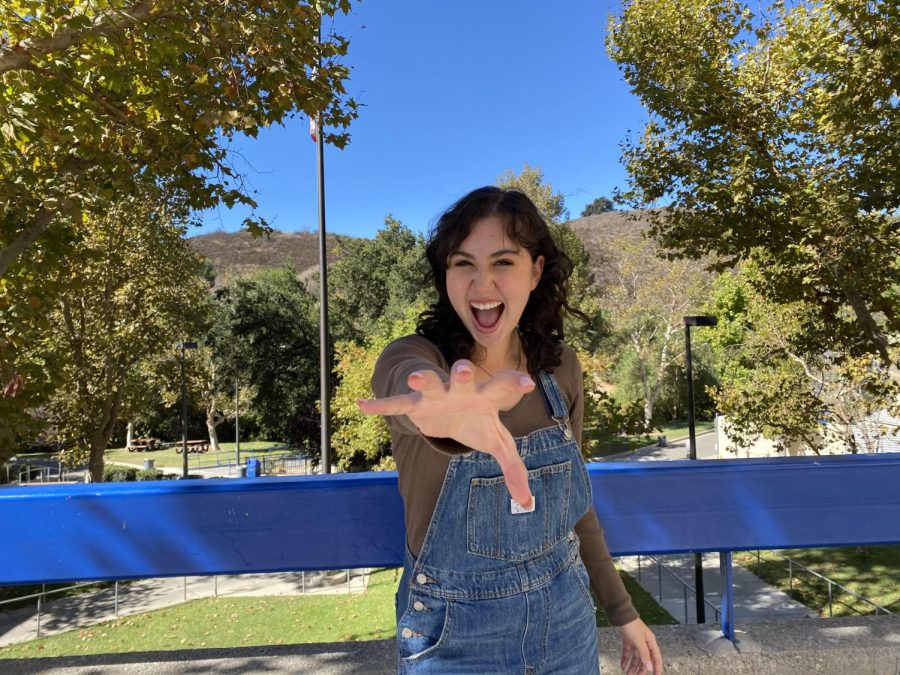It’s the most wonderful time of the year. And, although I love Andy Williams’ rendition of this song, I’m talking about something a little different: the COVID–19 booster shot.
I know that this shot is currently only approved for certain groups of people; however, it’s important we educate ourselves, so we’re ready when it’s our turn to contribute to the safety of our community.
First things first, we need to talk about what this booster shot actually does. At this point, most of us know about the vaccines going around. By the way, this is a good time to mention that if you haven’t already, please get vaccinated in time for the holidays. Our safety and the safety of reindeer everywhere depend on it.
As I was saying, the Pfizer–BioNTech vaccine is now available to people over the age of 5–years–old, and the Moderna and Johnson & Johnson vaccines are available for those 18–years–old or older. These vaccines are mRNA vaccines that trigger immune responses in our bodies, causing them to create antibodies in defense against future infections. They require two doses to be effective, with the exception of Johnson & Johnson which only requires one.
According to Johns Hopkins Medicine, the booster shot is an additional dose of the COVID–19 vaccine that’s recommended when the natural immunity from the original doses starts to fade.
According to Ventura County Recovers, the Pfizer–BioNTech booster shot was approved for emergency use on Sept. 24, 2021, and Moderna and Johnson & Johnson later followed suit, but the question running through many of our minds, including mine, is “Do we really need a third dose?”
The answer, according to the Centers for Disease Control and Prevention, is that it’s strongly recommended. According to the CDC, there are two categories of people who currently should receive the booster.
People over the age of 65–years–old that were administered the Pfizer or Moderna vaccines over six months ago should receive the booster shot. Also, people 18–years–old or older that were administered Pfizer or Moderna can receive the booster shot if they are living in “long–term care settings,” have underlying health conditions or are regularly exposed to high–risk places.
However, if you are 18–years–old or older and received the Johnson & Johnson vaccine, the CDC states that you are eligible and should receive the booster shot. The nice thing about the shots is that you can mix and match, so if you are eligible and received the Johnson & Johnson vaccine in the past, you can get the Pfizer booster shot.
There’s obviously a lot of information out there about the booster shots which can be overwhelming. Long story short, here’s why you should consider getting the booster shot once it’s available to you. With the onset of holiday festivities and colder weather, the risk of catching other viruses in addition to COVID–19 is increasing.
According to UC Davis Health, the threat of a “Twindemic” is real since influenza cases are expected to come in a wave. It’s more important now more than ever that we take increased precautions, and that starts with the booster shot.
So, with all that being said, I urge you to educate yourself on the risks and benefits of this booster shot. With the tough year we’ve had as a nation, it’s crucial that we stick together and look out for each other. With that, I wish you the happiest of holidays. Stay safe, and tell me if you see Rudolph this year. I can never seem to catch him at the right time… For more information on eligibility and availability for COVID–19 booster shots, visit cdc.gov/coronavirus/2019-ncov/vaccines/booster-shot.html.


